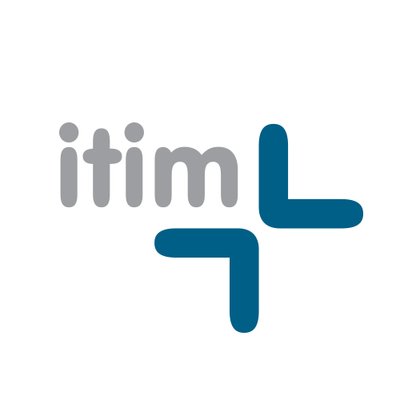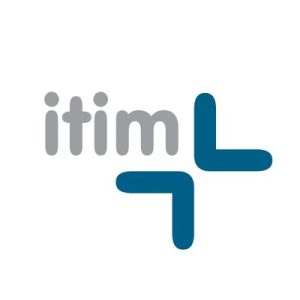Retailers often face challenges when trying to minimise markdown budgets, with even those proficient in stock optimisation needing to clear products at the end of each season. Traditionally, in-store methods for clearing slow-moving products include heavy discounting or offloading stock to outlets or third-party sellers, all of which directly impact the bottom line. Reducing markdowns in-store, however, is crucial for combating the pressure on profit margins.
The situation is different online, where the broader range of consumers increases the likelihood of finding demand for less popular sizes or products. This means the markdown required to clear stock is typically much lower compared to in-store efforts. Multichannel retailers have a significant opportunity to sell surplus stock through their online channels with smaller markdowns. Some already take advantage of this by transferring unsold stock from physical stores back to distribution centres. However, at itim, we advocate a more innovative approach using enterprise order management.
Instead of moving stock back to distribution centres, we suggest leaving inventory in-store but making it available for online sales. When a product is ordered online, it can be shipped directly from the store to the customer. This method offers various cost-saving opportunities: shipping directly from the store is generally more cost-effective than transferring it back to a warehouse, and smaller markdowns are possible due to the increased online demand. Markdowns can also be implemented gradually and more precisely, reducing the need to apply significant reductions across entire product lines.
Smart order routing, configured by head office staff, allows for more efficient fulfilment by automatically directing orders to the most profitable fulfilment points. This could mean dispatching from stores that would incur smaller markdowns or offering Click & Collect options for customers at their local stores. This approach not only reduces markdown expenditure but also enhances fulfilment flexibility, improving the customer experience and driving sales.
An enterprise order management system (OMS) integrates seamlessly with existing systems to provide real-time stock visibility across all points of sale, stores, and distribution centres. This enhances product availability and reduces stockouts. It also enables store associates to handle the pick/pack/dispatch process efficiently and without paper. The implementation of such a system is quick and typically offers a rapid return on investment, with the savings from reduced markdowns often covering the cost of the OMS.
By adopting a unified sales and fulfilment strategy, retailers can significantly cut markdown costs, offer more flexible fulfilment options, and improve their overall operational efficiency.
itim Group plc (LON:ITIM) is a SaaS-based technology company that enables store-based retailers to optimise their businesses to improve financial performance and effectively compete with online competitors. Itim adds retail value by helping multi-channel retailers optimise their business and their stores to improve financial performance and compete more effectively with the “Amazons”.


